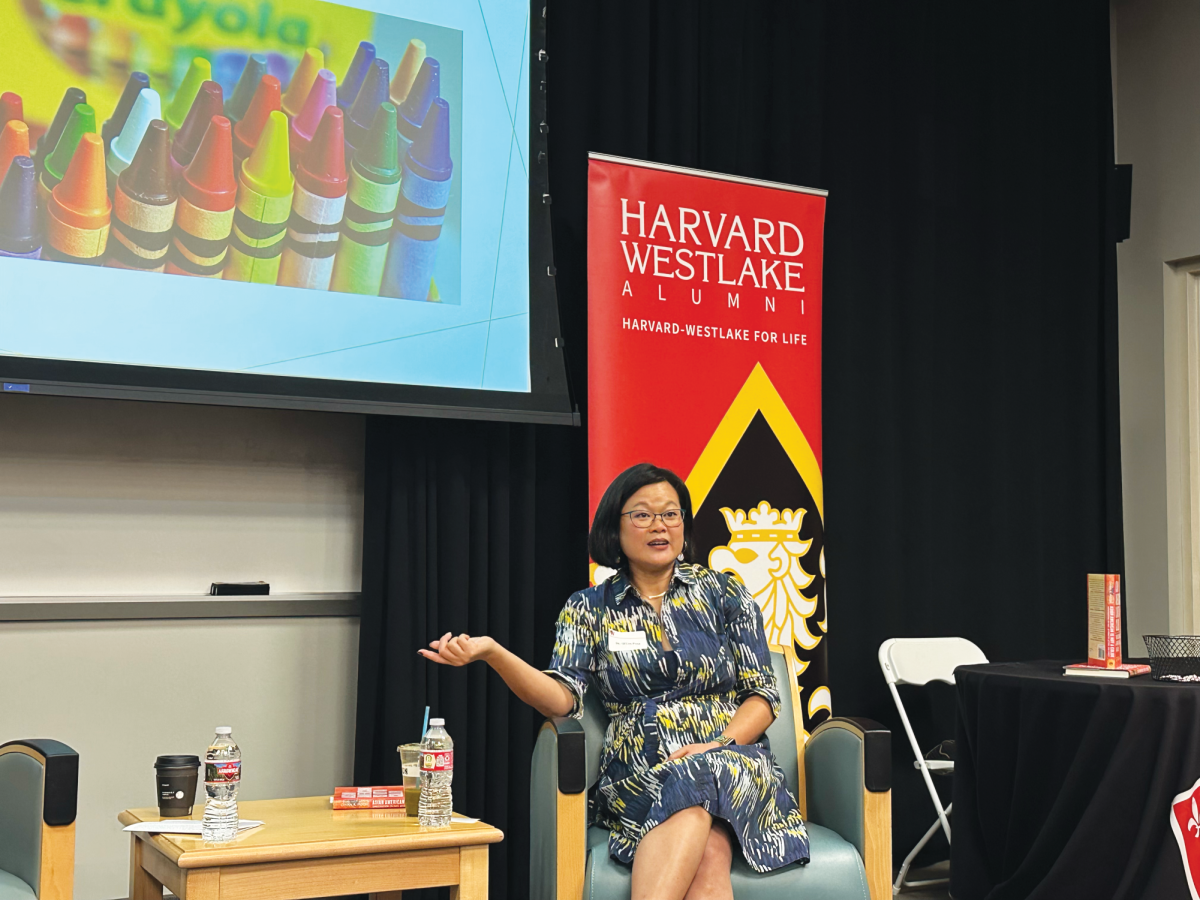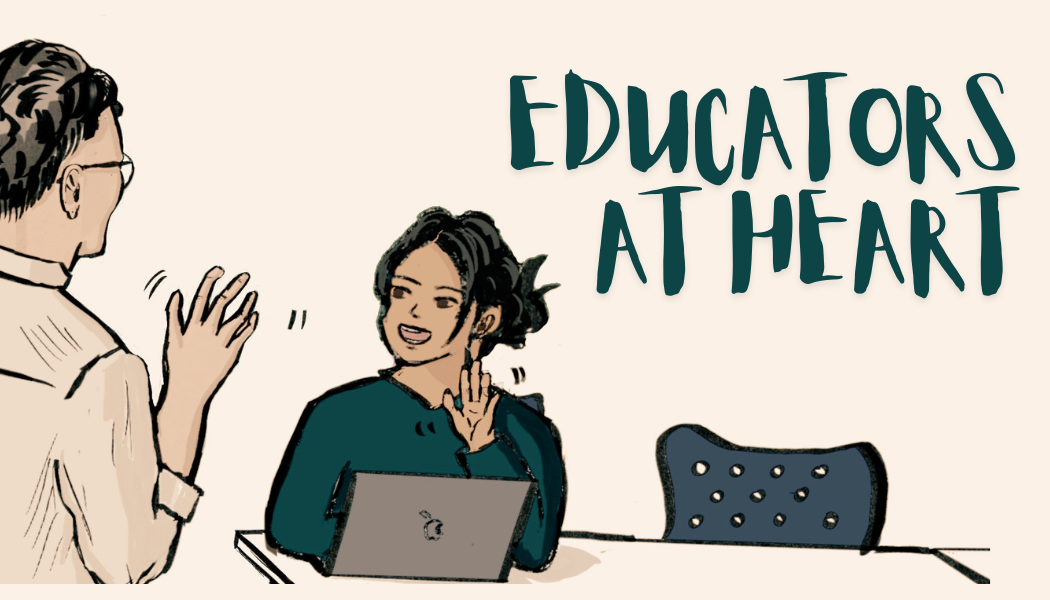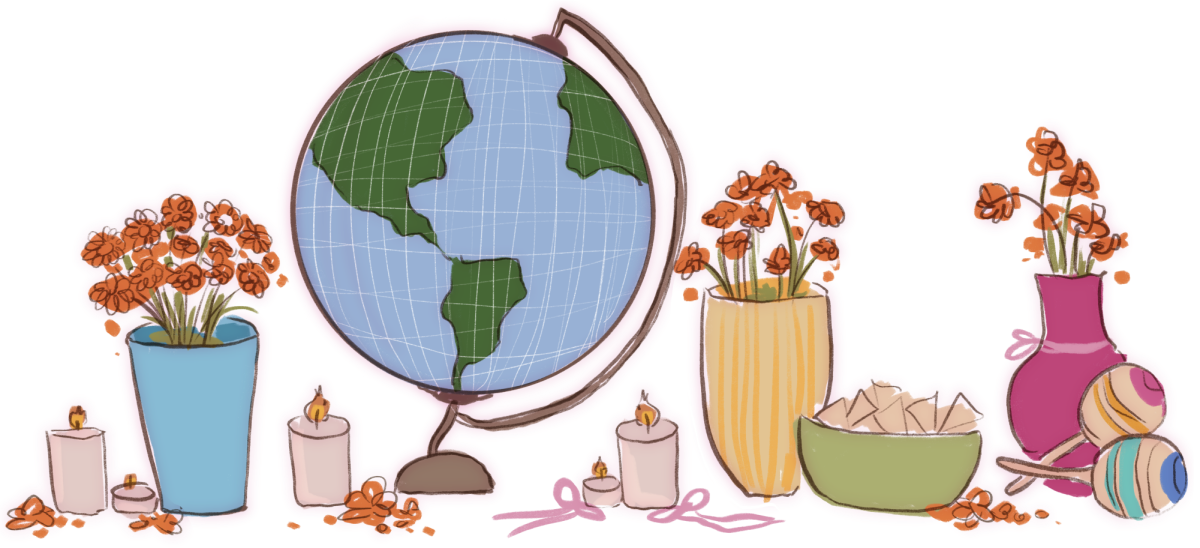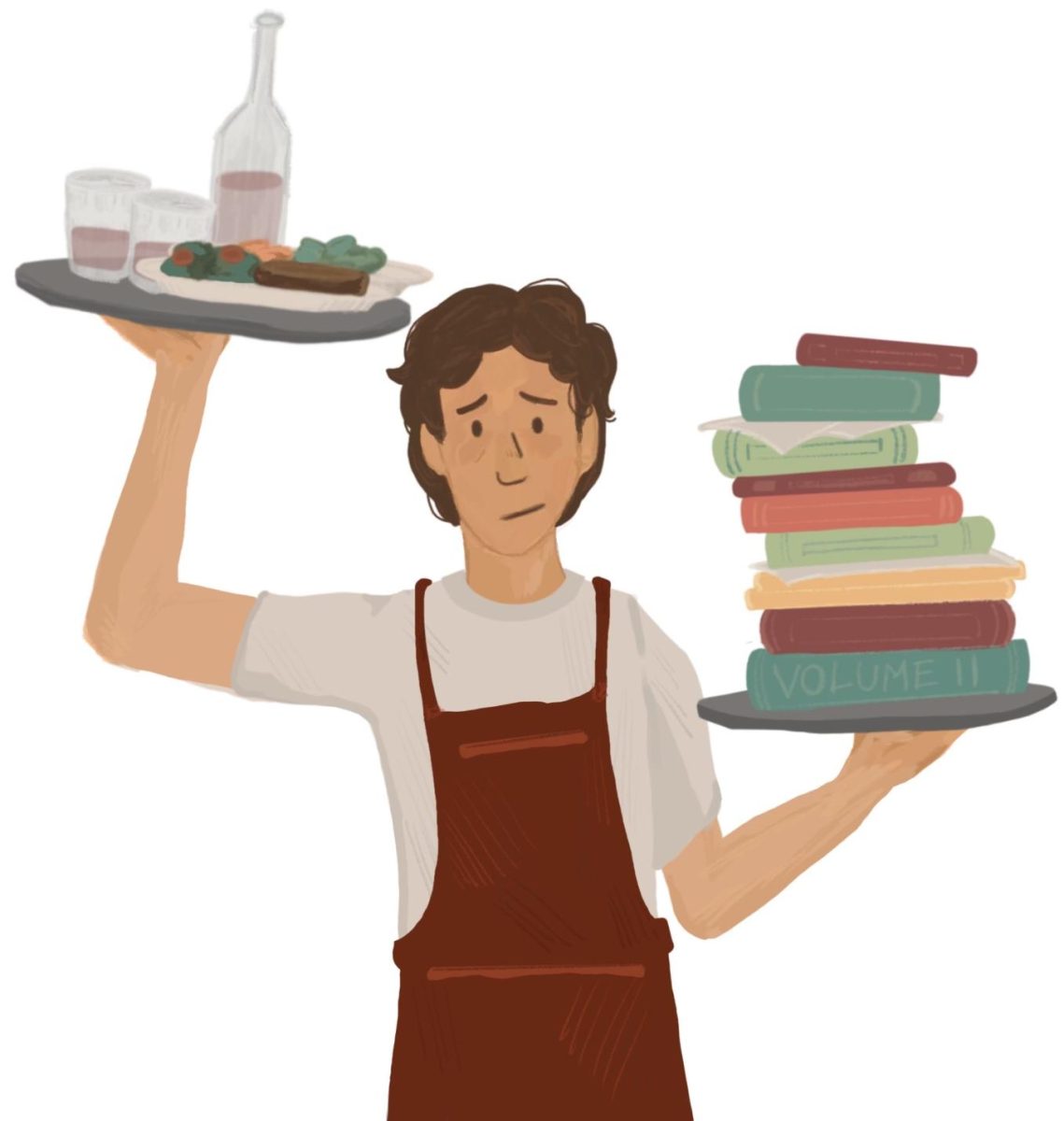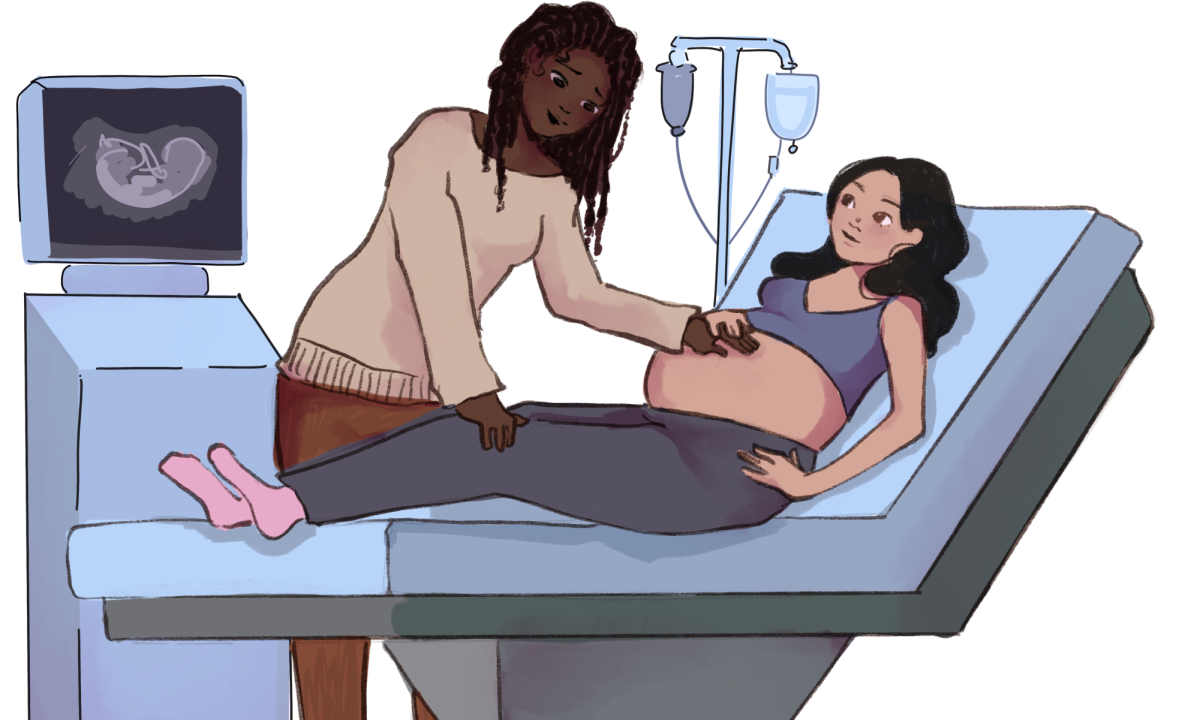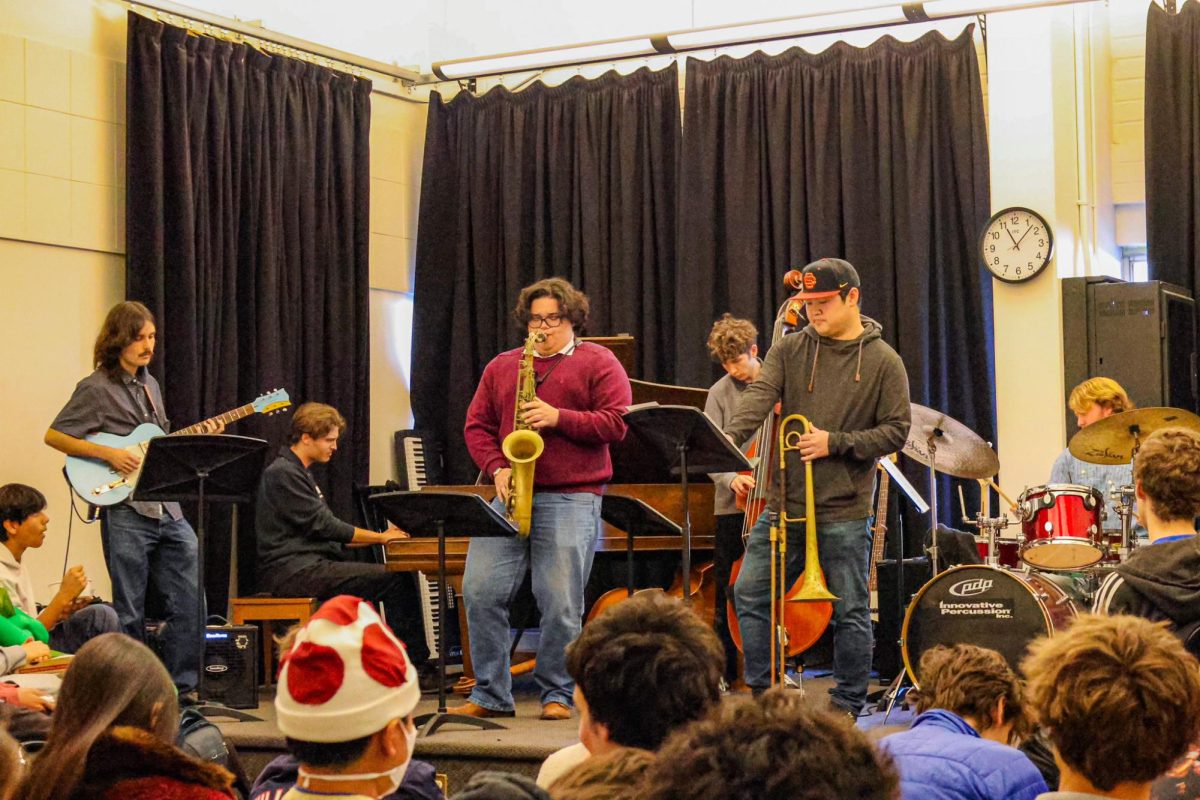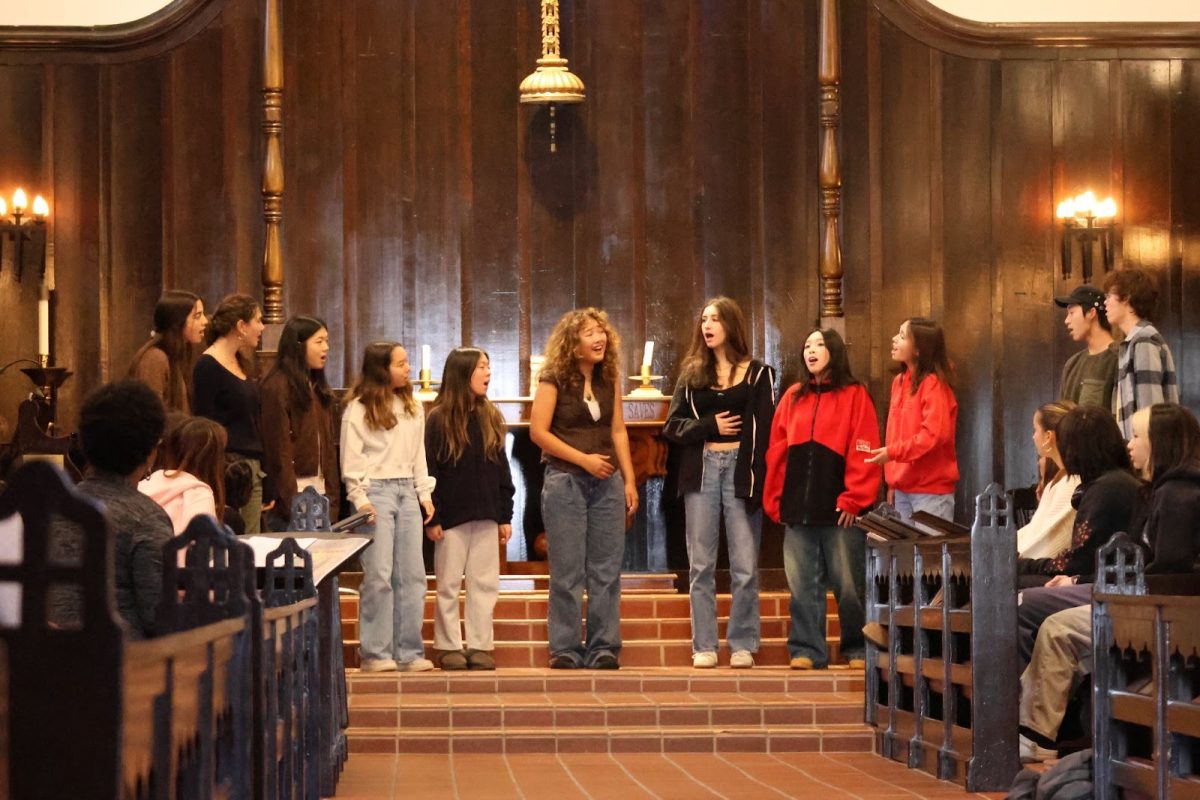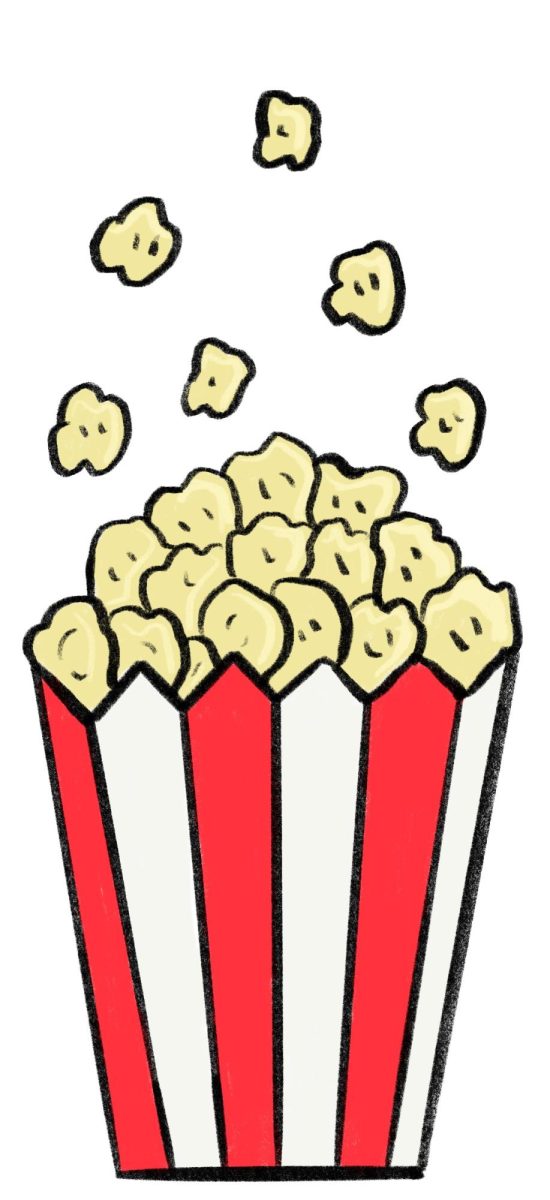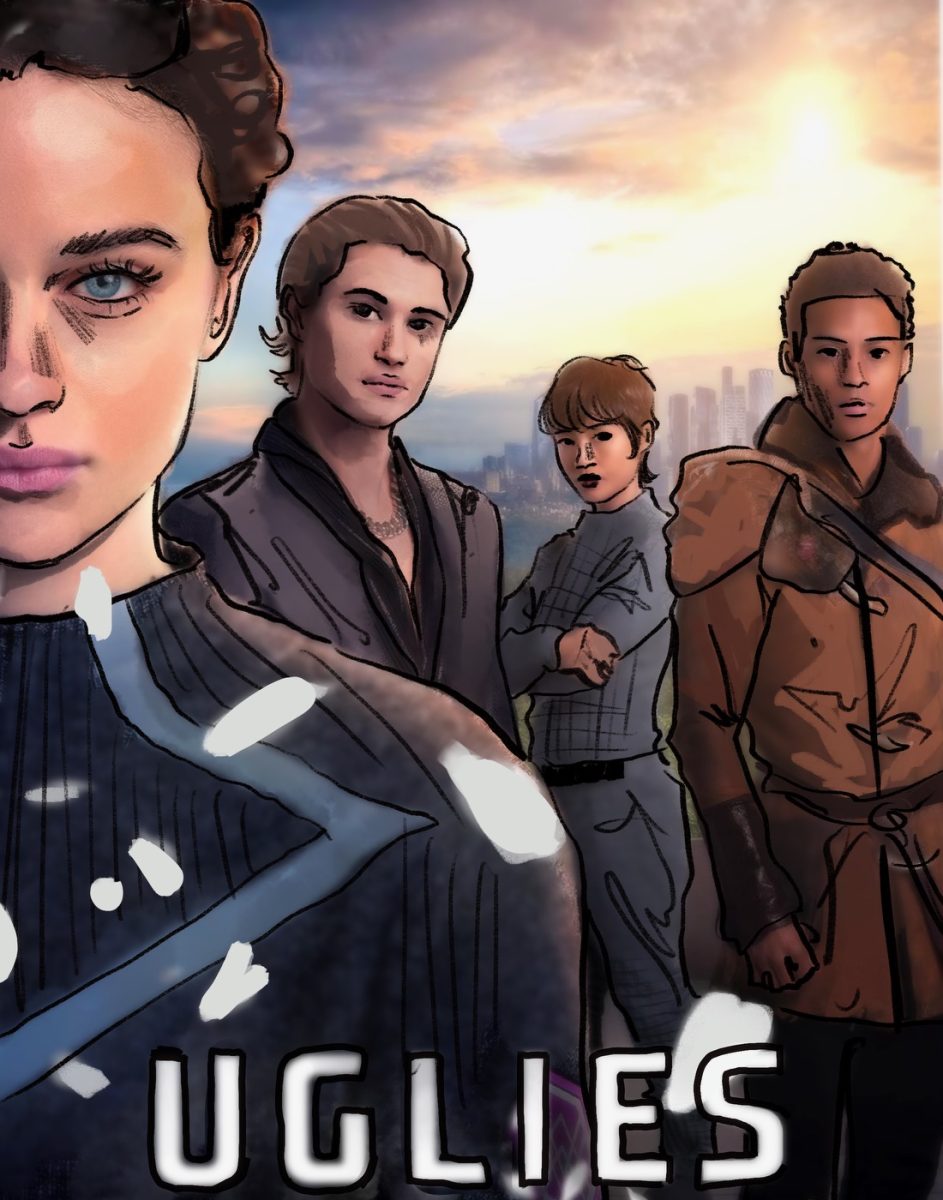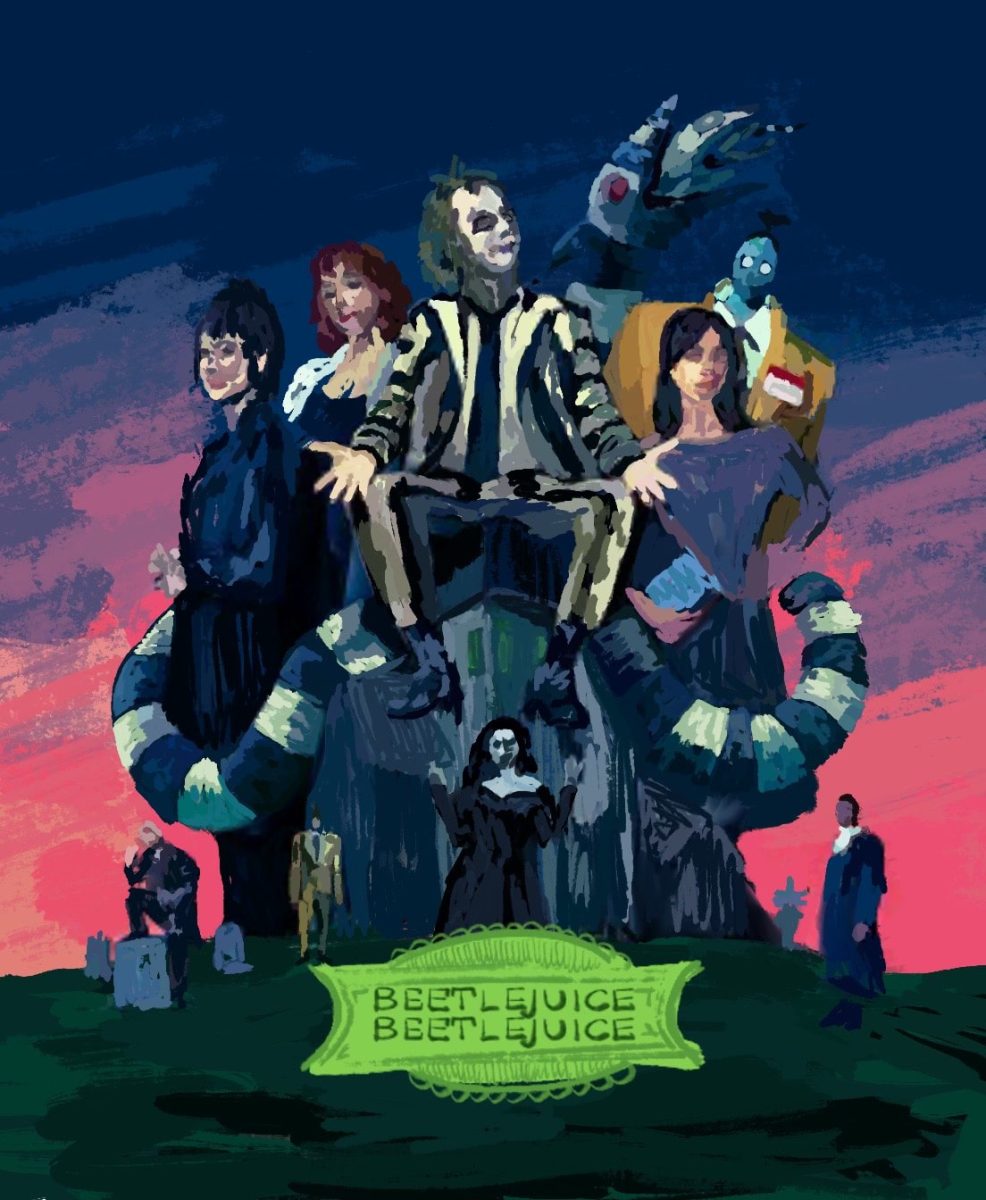At one of the countless colleges I visited, the tour guide described the university’s engineering school. I was pretty tuned out, thinking I would never need to know what it offered since I had no interest in the field. He then outlined the annual project where engineers solve a real-life problem — in this example, they designed a playground for handicapped children using sustainable materials.
I was immediately intrigued by the program — I thought that sounded incredibly interesting, and in exactly the way I enjoy applying math and science to real situations.
The problem, though, came with my second reaction. It was only the summer before my junior year, but almost instantly after I felt that initial rush of excitement, I worried that it was too late. I’d already chosen my classes for the next year, I hadn’t been doing engineering internships (shout-out to my last column!) and I had no idea what engineering even was.
As a matter of fact, I still really don’t know. I’m enjoying my physics class this year, but every day I look around the room and see the kids who know they’ll be majoring in biomedical engineering and chemical engineering and electrical engineering and I wonder — did I miss that day? The day they explained to us what engineering was?
Many of my classmates seem set on what they plan to do with their lives, and they’re already taking the classes they need to get there, but I wish that I’d known more about so many of these options before I had to start narrowing down my own choices.
Right now, it feels like on every test I take and every application I fill out, I have to write down exactly what I plan to do with my future. I’m defining my path more specifically, yet at the same time it seems like doors that would lead to other possible futures are closing all around me. People say that high school is a time for experimentation and figuring out what you want to be, but it doesn’t feel like there’s a lot of wiggle room anymore.
I never had that third grade career day, the one where moms and dads come in to explain to the class what their jobs entail.
If I’d known how you become an engineer and what you do, my entire life might be different. And it’s not just engineering. What does an investment banker do? A unit production manager? A contractor? If I knew what one did, would I be spending my time trying to become an epidemiologist instead?
Most of us understand what our parents and family friends do for a living. That group, though, is just a small sample of the wide variety of career options — there are entire fields I’ve never been exposed to and might have found fascinating.
Through the school’s Junior Career Day program, I spent a day in June at a government branch and was inspired by the people I met and the lives they described. But by that time, I’d already had to significantly narrow down and define my future interests. I think we should be exposed to a wider variety of paths earlier on, say in middle school.
For example, students could receive an email each week in which someone would describe his or her particular profession.
The people in the program would explain generally what their jobs are, what they do in a typical day or week and how they got there — their major, if they went to graduate school, how they climbed up the ladder.
Ideally, if enough students wanted to learn more, this engineer/creative director/urban planner would come in and answer questions during Activities period. Perhaps it could be on a more regular basis, with one or two guest speakers a month, depending on students’ interest.
I think a program like this would make a much bigger impression on a middle schooler than on a third grader. No one would force students to read these weekly emails, but, by taking advantage of such a program, they could be exposed to possibilities they never knew existed.
Since we have to make class selections and pick college programs or majors now, we should be as informed as possible by the time we reach the Upper School.
Let us peek through as many doors as we can before we choose the one we’ll go through.

